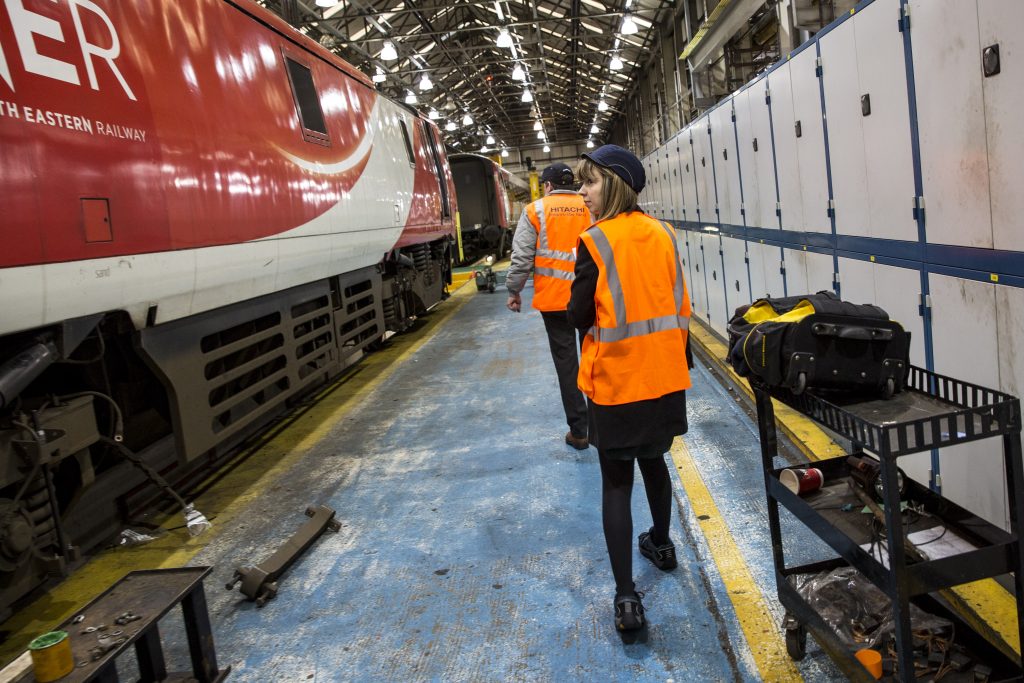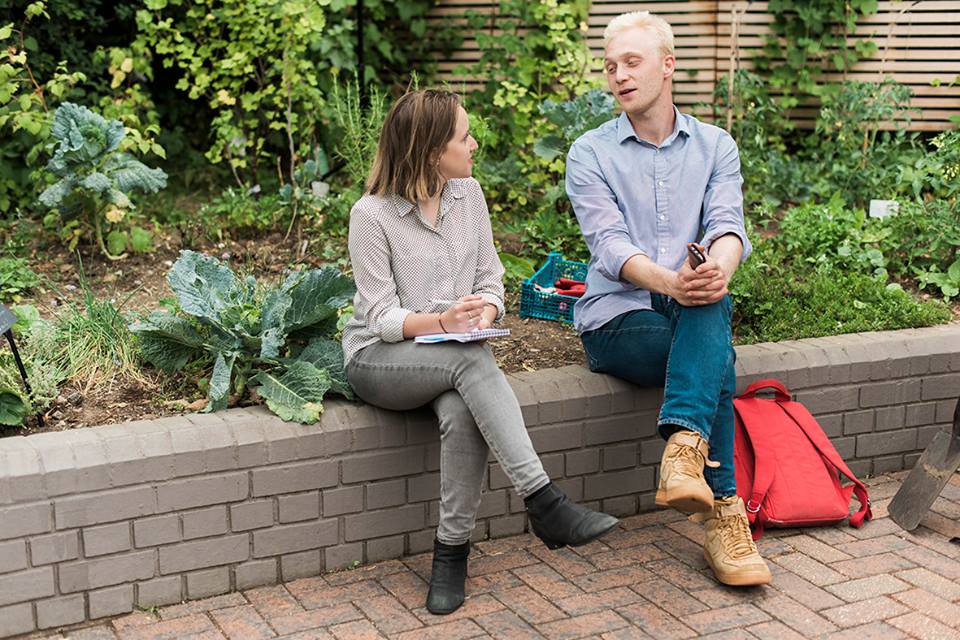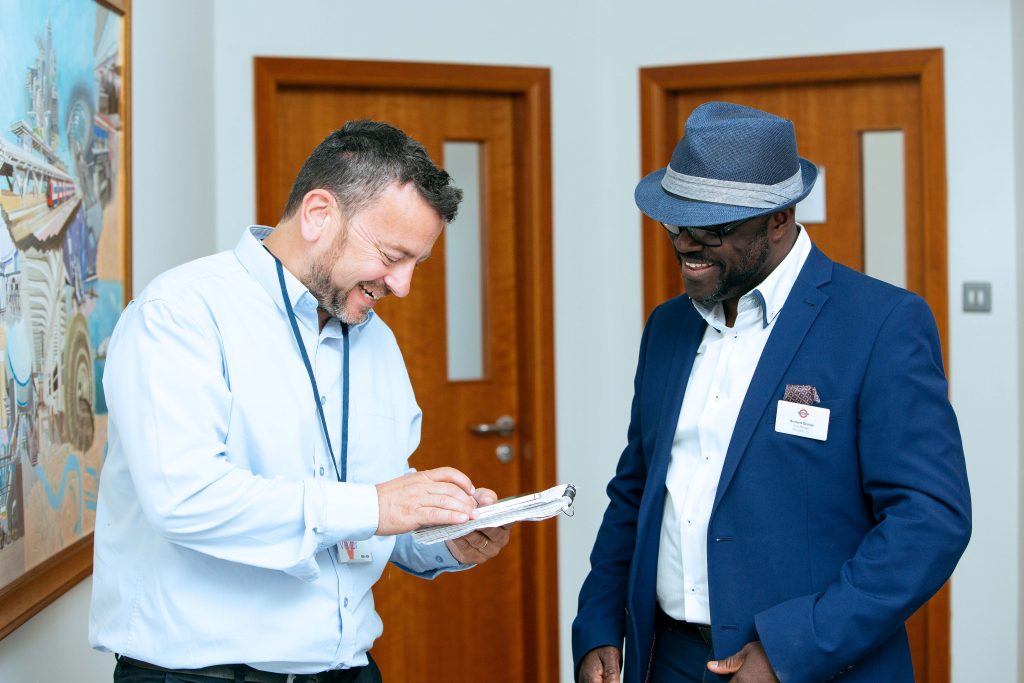‘You can get some very interesting responses…’ Our content team share their top reporting tips
The pub test
“Imagine how you’d sum up a story to your mates in the pub. It helps you define what the most interesting angle is and therefore what should come first when you come to writing the piece.”
– Jennifer Hardwick, editor

Keep them on their toes
“Throw in a slightly off-topic or surprising question. It can really help an interviewee open up. ‘What keeps you up at night?’ is one I like to ask. Not suitable for every occasion, but you can get some very interesting responses.”
– Katie Smith, editor
Keep it light
“Making a joke or being a bit bumbling at the beginning of the chat tends to get people to open up. A lot of interviewees expect a Radio 4 style grilling. Persuading them that you’re a human being is often the biggest challenge.”
– Alex Diggins, reporter

Learn shorthand
“Much better than a dictaphone if you’re walking around talking to people, particularly if you’re in a noisy place. Also it’s so much faster to transcribe – literally saves hours. Plus, people are usually pretty impressed when they first see it, which makes a good icebreaker and it makes you look like a legit journo…”
– Emma Powys Maurice, deputy editor
‘And then…’
“One of my favourite questions: ‘And then what happened?’ It prompts them to tell a story in their own words. From there you can usually flesh out the emotional stuff that really makes the story.”
– Lucy Clapham, deputy editor
Spread the net wide
“If you’re interviewing someone face to face, I always ask them to introduce me to their colleagues or if there’s anyone else I should speak to. They’re often so keen to move the spotlight away from themselves they’ll tell you something really interesting about a colleague that you never would have heard otherwise.”
– Emma Bennett, deputy head of content

Say it. Say it again
“I sometimes ask the same question twice, if slightly rephrased. You often get a lot more the second time around.”
– Paul Critcher, reporter
The awkward silence
“There’s a lot to be said for leaving a gap and letting your interviewee talk their way through it. You rely more on your subconscious when you babble, which can often result in the most insightful answers.”
– Freddie Reynolds, senior editor
Go for the emotion
“A good, simple question, is ‘how does that feel?’ Whether you’re Buzz Aldrin landing on the moon or an employee responding to something at work, it’s the emotional response and feeling that makes the story sing.”
– Duncan Mills, head of content
Help them out
“I like to ask questions like: ‘When did you realise? At what moment did you…?’ It gives the interviewee a starting point and helps them to relay the story from their perspective.”
– Christina Salzano, senior editor




